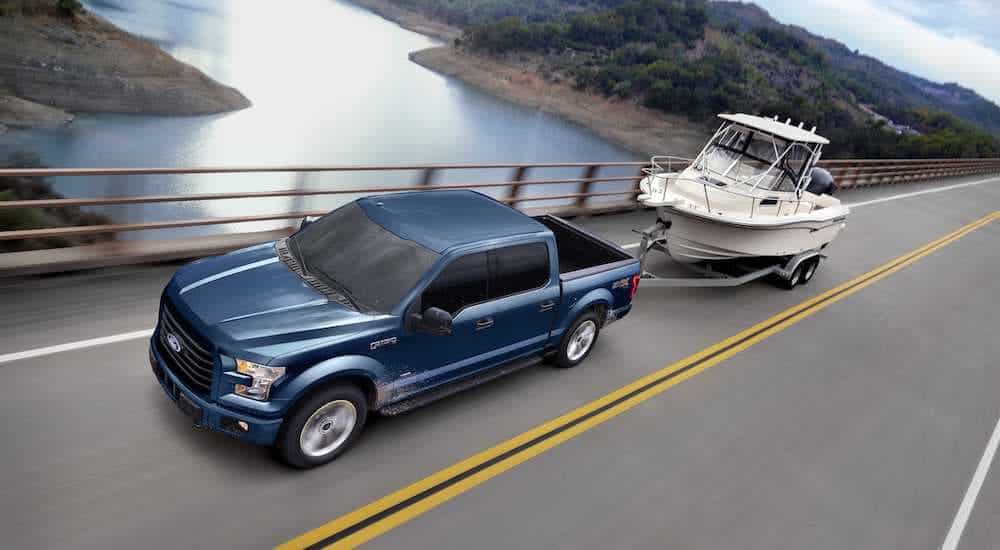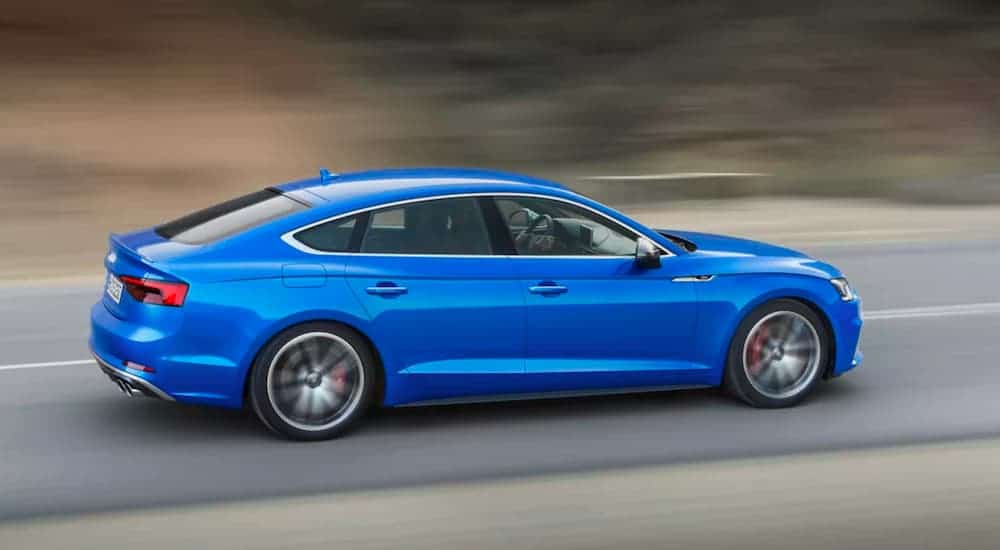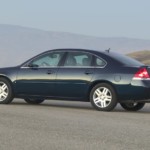It is not a revelation that new cars depreciate incredibly fast. You drive off the lot with your brand new vehicle, and just a few years later, it may be worth as little as half of what you paid for it. If you are really unfortunate when it comes time to sell your car, it may even be worth less than the remaining amount on your loan for it. So while nothing can match that new car smell and the sense of joy you may feel driving a brand new model year off the lot, it may make more financial sense to at least consider used cars before spending a large amount of money on something that will not hold its value. And sometimes, there is its own joy in discovering that what’s old is new again.
Even if you are financially secure and buying a new car is well within your means, the used car market might still be worth investigating. The excellent deals available on lightly used vehicles could well allow you to upgrade to a better model at no additional cost, or even purchase an expensive dream car that you could never have afforded if it was new. And as vehicles have become far more reliable and durable than they were in the past, the potential disadvantages of buying a used car have greatly diminished.
Save 36%
As an example of the potential value of shopping on the used car market, let us look at the single most common vehicle purchased in 2019––the Ford F-Series of pickup trucks. Ranging from the basic F-150 starting at $28,495 all the way up to the F-450 Limited starting at $90,540, around 896,526 of Ford’s F-Series were sold in the last year. For our purposes, let us imagine that you were looking to buy a middle-of-the-road F-150 XLT with a crew cab and a V8 engine. That combination currently has an MSRP of some $42,565 before any other options are added, making it an expensive but hardly excessive buy.
The best source of used car values is the Kelly Blue Book (KBB). Once an actual book, this excellent resource is now freely available online and will give you rough values for used vehicles, taking into account their mileage and options. Although it can not give you an exact price for a used car in your area, checking the KBB can give you a good sense of how good the listed price actually is.
According to the KBB, a fair purchase price for a 2017 Ford F-150 XLT with a V8 and under 50,000 miles would be $27,234. That’s some $15,331 less than the MSRP of the new version of that truck, or roughly one-third of the total cost. And while that may not make or break your budget, it is certainly a tidy sum that you could probably find a better use for. Now, as long as you are halfway decent at negotiating, you will probably not be paying the full MSRP for a new truck, but those same skills can be applied to getting an even better deal on used vehicles as well.

Always Research Your Options
Remember that when shopping for used vehicles, the internet is your best friend. Do not just go to your local used car salesmen and see what is on their lots. First, fire up your phone or computer and search for used vehicles around you. There are several websites such as CarGurus that aggregate all the used cars for sale and allow you to sort them by make, model, year, price, and countless other options to quickly find what you are looking for. And if you spend some time searching you will almost certainly find better deals a few miles away.
Once you have used the internet to get a good idea of what is available and have checked the offerings against their KBB values, then you will be able to use this information to find a good deal at a dealership. Letting a dealer know that there is a similar vehicle available nearby may convince him to lower his price a little to keep you from walking. These sites will also often say how long a car has been sitting on the lot, and the knowledge it is selling slowly could allow you to push for a better deal. Remember that dealers want to sell cars, not hold on to them, waiting for the best deal possible.
Buying A Better Car
Returning to our hypothetical Ford F-150 search, suppose that you are both able and willing to pay the markup for a new truck. Even in that case it still makes sense to first look at the used market because you may have the option of getting an even better truck for the same amount of money. For instance, the KBB fair purchase price for a 2017 F-350 XLT 4×4 turbo-diesel with fewer than 50,000 miles on it is only $40,251––a full $2,314 less than that new F-150 XLT RWD V8. At this point you have to ask yourself, is it really worth paying the same amount of money to be driving a truck that is simply worse in every way?
Of course, this does not just hold true for pickup trucks. In fact, the depreciation in luxury brands is often even faster than for more common vehicles. This will mean that instead of buying that Toyota RAV4, you could consider a Lexus NX. Or maybe as an alternative to that Volkswagen Jetta, you could look for an Audi A5. No matter what segment of the automobile market you are shopping in, you will be able to find something better for the same price on the used market.

Used Cars Have Years of Life Left in Them
Although you may feel that buying new is still worth it to avoid the hassles and dangers of buying used, the truth is that today buying a used vehicle is in some ways safer than buying a new one.
To begin with, a three-year-old vehicle with 50,000 miles on it is really just getting broken in. The average car on the roads today is almost 12 years old and likely has over 100,000 miles on it. And with a bit of attention to proper maintenance, nearly any modern vehicle can make it to 200,000 miles or more. And unlike a new vehicle, which may wind up being a lemon, you can be reasonably sure that a lightly used car with a clean record will serve you just as well as it served its previous owner.
The real risk in shopping for used cars was always the danger of unknowingly buying something that does not have a clean record. But today this is a fairly easily avoided pitfall. Most used car websites and dealerships will warn you if a vehicle has been in a reported accident or was stolen. There are also sites like CARFAX that will be able to show you the full history of the vehicle, often including maintenance records. The National Highway Traffic Safety Administration (NHTSA) website also has a feature that allows you to instantly check any VIN for open recalls.
Armed with these resources, avoiding potentially expensive mistakes is far easier than it has ever been. However, remember the internet is still not perfect, and you should always make sure to have a trusted mechanic look over any used car you are planning to buy.



